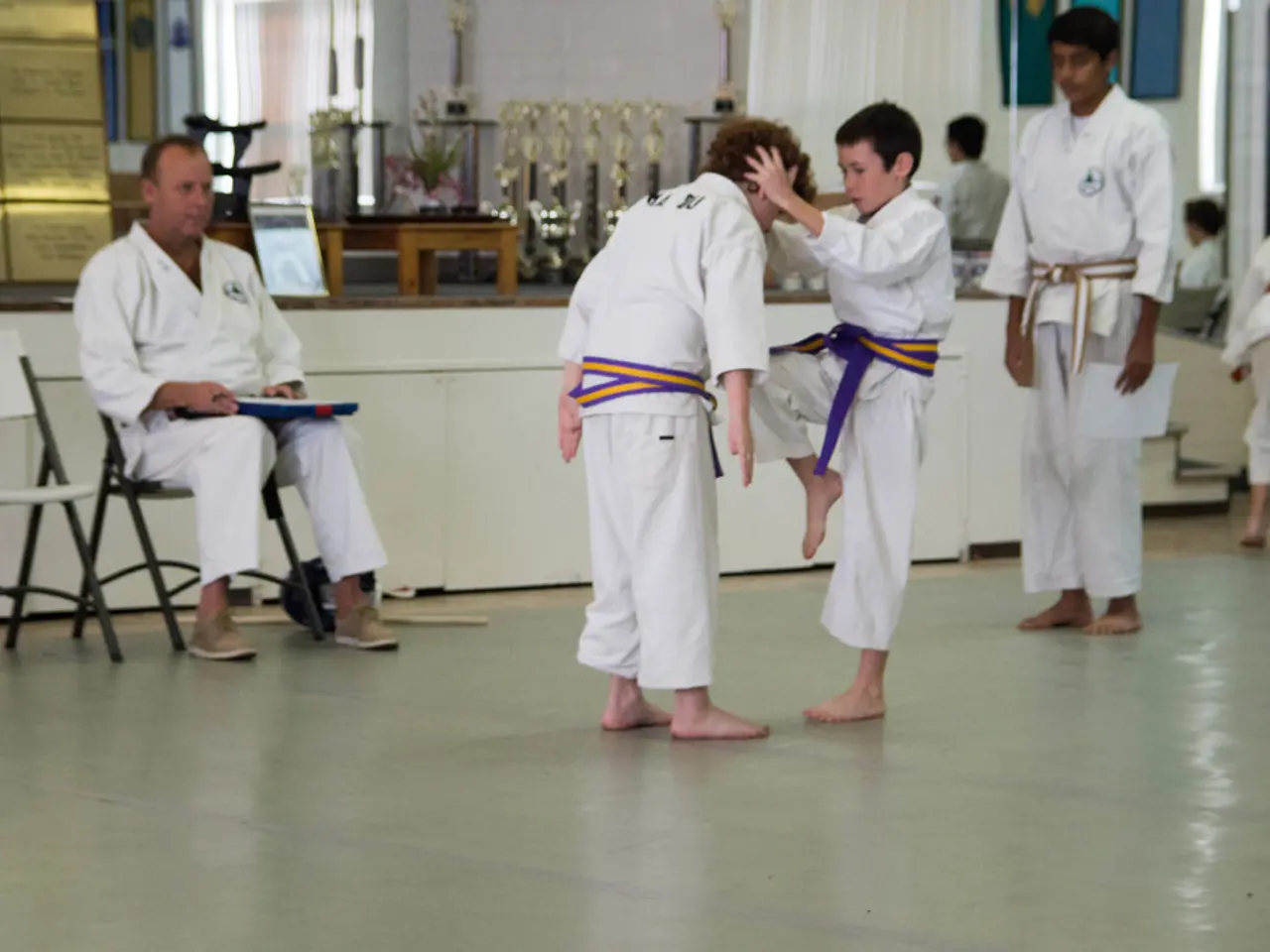Vietnam's New AI Law Aims to Safeguard Children's Education
Vietnam is set to introduce a comprehensive Law on AI, focusing on risk management and ethical concerns. The plan aims to equip children with core AI competencies and integrate AI into primary schools.
The proposed Law on AI adopts a three-layer defence strategy. The first layer is a 'risk filter', classifying AI systems by risk level. The second layer requires safety from the design stage, with rigorous evaluation of data, algorithms, and protective measures for high-risk systems. The third layer involves continuous monitoring with strong sanctions for oversight and accountability.
The Ministry of Science and Technology, led by Deputy Minister Bui Hoang Phuong, is drafting the law. It aims to train around 1,000 'nuclear' AI teachers to lead and share expertise nationwide, following Estonia's example. Two safety barriers will be implemented: supervision and age restrictions on AI tools verified by competent authorities.
AI learning will be embedded into existing subjects and activities, with about 5-10 hours per year from grade 1. The plan will begin with an 18-24 month pilot roadmap, starting with thorough preparation and selected localities before nationwide scaling.
Vietnam's Law on AI, focusing on risk management and ethical concerns, aims to equip children with core AI competencies and integrate AI into primary schools. The three-layer defence strategy, led by the Ministry of Science and Technology, will ensure safety and accountability. The plan will begin with a pilot roadmap before nationwide implementation.
Read also:
- Setting Up and Expanding Operations at a Soil Blending Facility
- Regional University's healthcare system strengthened through collaborative partnership with Chancellor Dr Fiona Hill
- Reminisced University Trustee David M. Flaum as a 'fervent advocate' for the University and community
- Getting Up to Urinate During Sleep Affecting Your Slumber Quality? Here's a Solution








